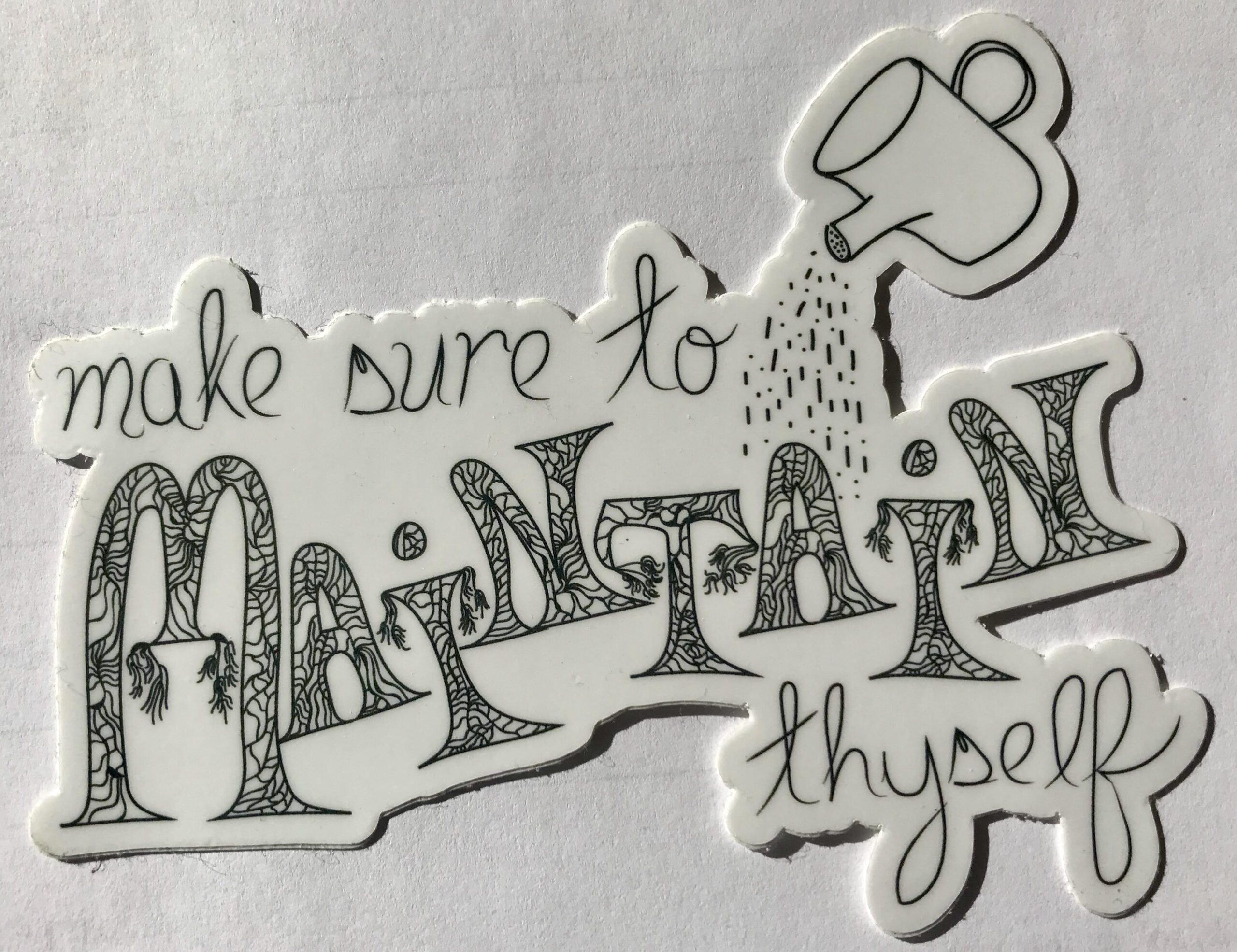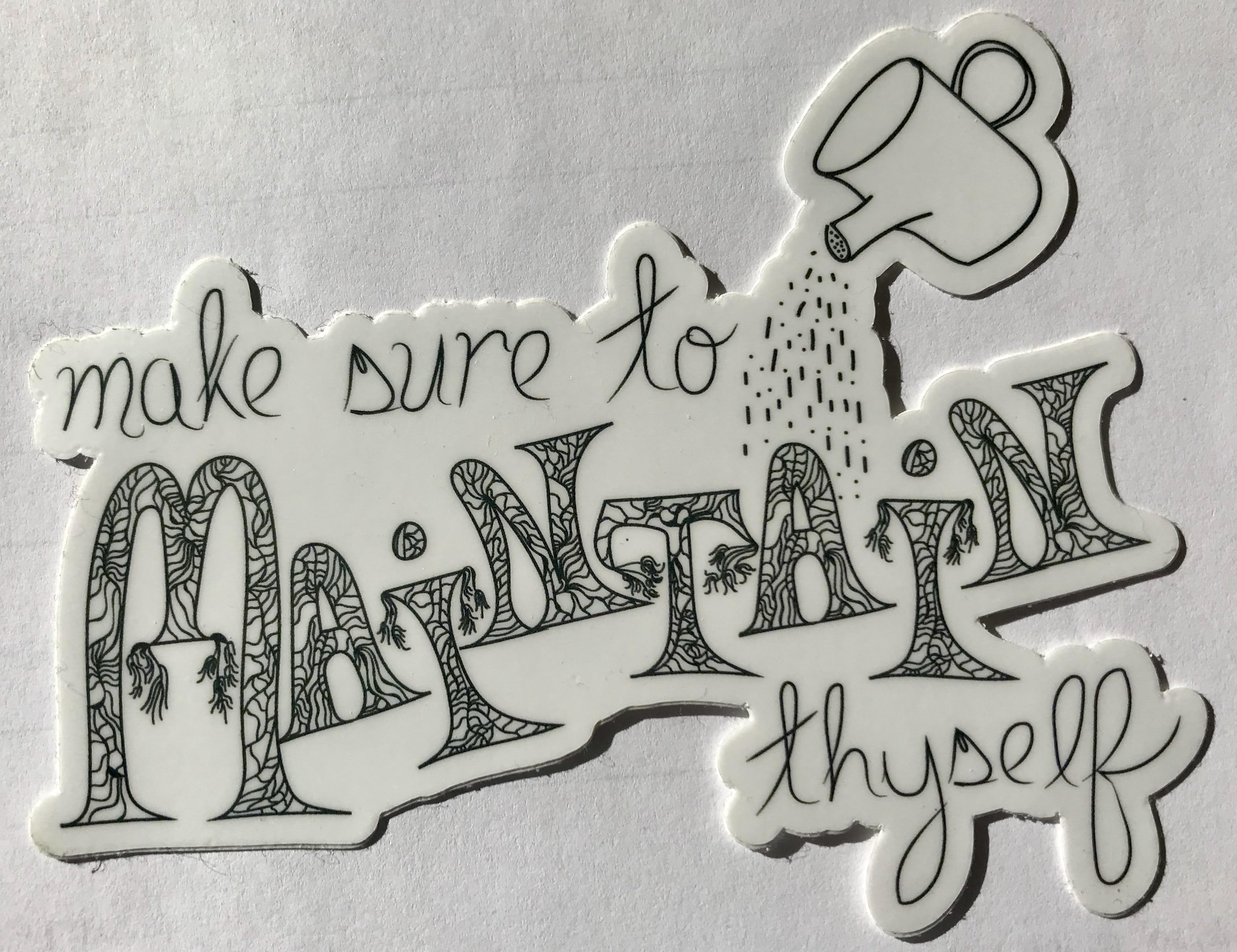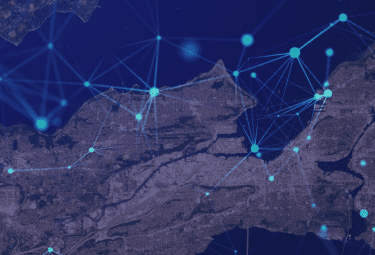Innovation to Impact. See you at the July ESIP Meeting.
Meet the Maintainers

In this guest post, ESIP participant Mark Parsons (RPI) describes his takeaways from his recent trip to the Maintainers III Conference held in Washington DC in October 2019.
Data stewardship and reuse require ongoing maintenance and care.
So Bruce Caron, I, and several other ESIPers have been developing relationships with The Maintainers who seek to “Maintain self and society through reflection, research, and advocacy” (themaintainers.org). Because “Acts of maintenance sustain and repair people and things and include the many actions, large and small, that keep our sociotechnical world going, as well as the interfaces we design to function between and among information systems.” (https://aeon.co/essays/innovation-is-
To help build the relationship, Bruce and I convened a fascinating session at the 2019 ESIP Summer Meeting to “Meet the Maintainers” (https://sched.co/PtQN), and then I had the opportunity to attend the Maintainers III conference last month (http://themaintainers.org/
The Maintainers focus more on the social, cultural, and political aspects of (information) maintenance. For example, there was much discussion of how ‘neoliberalism’ impacts decisions at social, governmental, and institutional levels. Arguably, ESIP focuses more on the technical aspects of information maintenance and stewardship, but I think the work of ESIP's Data Stewardship Committee, the Education Committee, the Agriculture and Climate, and the Community Data Clusters (to name a few) belie that notion. My attitude is that it is foolish, if not impossible, to separate the technical from the social. They must be considered simultaneously.
So I think it would behoove ESIP to continue collaboration with The Maintainers and vice versa. I cannot begin to report all the rich content that was presented at Maintainers III, but I put forth a few highlights that jazzed me. I then encourage you all to learn more about the Information Maintainers in particular.
First off is the central idea of creating a “distributed web of care” and that maintenance is an ethical requirement and activity. There was a lot of discussion of what care means and how it must not be gendered, patronizing, marginalized, or hidden. This was partly sparked by a paper written by the Information Maintainers: “Information Maintenance as a Practice of Care” (https://doi.org/10.5281/

Maintainers III Conference sticker
When considering infrastructure I was struck by the concept of “Relative Infrastructure” introduced by Deb Chachra. She used electricity as an example to illustrate how infrastructure starts as a luxury then becomes a service then a broad utility and then finally a right (consider the rural electrification act). It begs the question if we are approaching the point where access to Earth system science information is a right.
In a similar vein, Chuck Mahon gave an inspiring talk on the StrongTowns (https://www.strongtowns.org) initiative, which is using data to make cities more financially stable, ecologically resilient, and livable. Definitely something for the Community Resilience Cluster to investigate.
Down in the some of the technical weeds, multiple clusters would be well advised to be exploring mesh networks and the distributed web as alternatives to corporate controlled internet. We’ve had some discussions in this area. They need to continue.
Finally, I suspect many ESIPers are fans of the “Right to to repair” movement. There were some great talks related to that too. It inspired me to find my local repair café and it makes me wonder if ESIP might want to establish a TimeBank to share skills across the community — e.g. trade 4 hrs of ISO metadata cleanup for 4 hrs JSON programming.
I encourage you all to learn more about The Maintainers, especially the Information Maintainers. Read our paper (https://doi.org/10.5281/
Hail the Maintainers!
More about Mark:
Mark Parsons is a Senior Research Scientist at the Tetherless World Constellation at Rensselaer Polytechnic Institute. He researchers mediation and how researchers actually share data and collaborate. Mark was the first Secretary General of the Research Data Alliance (RDA) and stepped down in July 2017. He focusses on stewarding research data and making them more accessible and useful across different ways of knowing. He has lead major data stewardship efforts for more than 20 years, and received the American Geophysical Union Charles S. Falkenberg Award as an advocate of robust data stewardship as a vital component of Earth system science and as an important profession in its own right. Prior to joining Rensselaer, Mark was a Senior Associate Scientist and the Lead Project Manager at the National Snow and Ice Data Center (NSIDC). While at NSIDC, he defined and implemented their overall data management process and led the data management effort for the ICSU/WMO International Polar Year 2007-2008. He is currently active in several international committees while helping lead the Research Data Alliance in its goal of accelerating innovation through data exchange.
Within ESIP, Mark is active in many groups, including serving as At-Large Board Member and Chair of the Research Object Citation Cluster.
References:
Fisher, Berenice, and Joan Tronto. 1990. “Toward a Feminist Theory of Caring.” In Circles of Care: Work and Identity in Women’s Lives, edited by Emily K Abel, and Margaret K. Nelson, Albany, NY: State University of New York Press.
Russell, A and V. Lee. “Hail the Maintainers” Aeon Essays 2016 https://aeon.co/essays/



